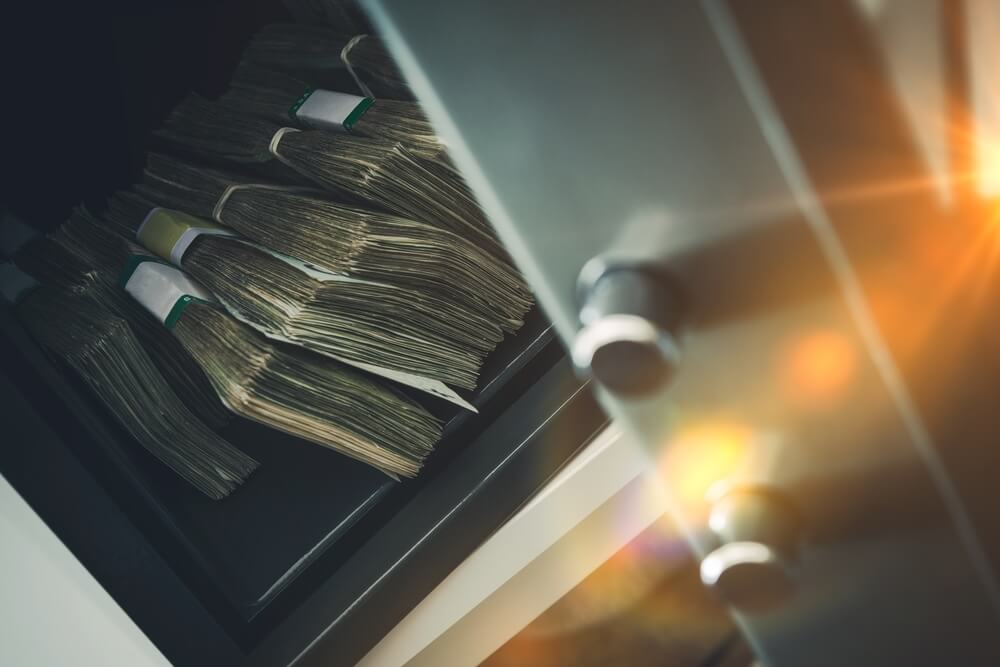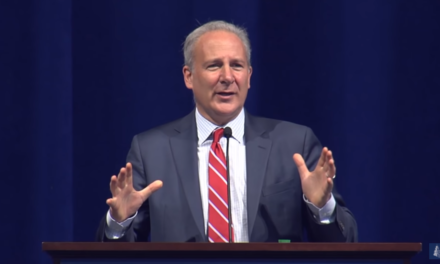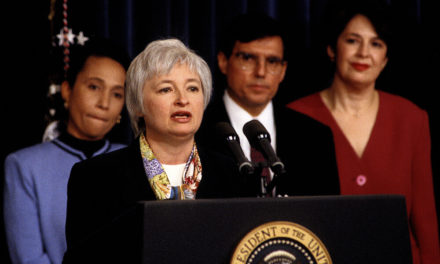Recession fears are growing among the super-wealthy as a new survey reveals rich families around the world are shifting assets into safer holdings like cash and bonds.
Of the 360 global family offices averaging around $1.2 billion in wealth UBS surveyed, 55% said they see a recession happening by 2020. In an effort to combat the effects of a downturn, 45% are shuffling their portfolios into safer sectors like bonds and real estate, while 42% are bulking up their cash reserves.
“We are very cautious, even now with the market we don’t feel very comfortable,” an anonymous managing partner at an office that oversees multiple families in North America told CNBC.
Many factors are fueling these recession fears, from the ongoing trade dispute between the U.S. and China to the uncertainties surrounding the outcome of Brexit.
“Who knows what will happen with Brexit, what will happen in the EU, and what will happen between the U.S. and China,” a CEO of a single-family office in Europe said. “There are so many open questions, and this could have a dramatic impact on the market. In general, we think we have reached our peak.”
And while families are hoarding cash, Rick Stone, a former partner at Cadwalader, Wickersham & Taft, says it’s getting harder and harder to find a place to reinvest those stockpiles, according to Bloomberg.
“It’s a very hard time for family offices to allocate money,” Stone said. “The areas to invest in are fewer, and there is a lot of money looking for those spaces.”
Noted economists are expressing their own pessimism about the state of the U.S. economy as well. Jeffrey Gundlach, DoubleLine Capital chief investment officer, says waning consumer sentiment is driving recession fears up.
“What happens before recession every time in a very convincing pattern is that first consumers start to feel bad about the future,” he said. “They say ‘the future looks worse than how I feel about the present.’ And that started a while ago now, where the view of the future was much grimmer than the view of today.”
Gundlach went on to argue that sentiment for the future starts to corrupt the consumer’s view of the present, fueling more recession fears.




